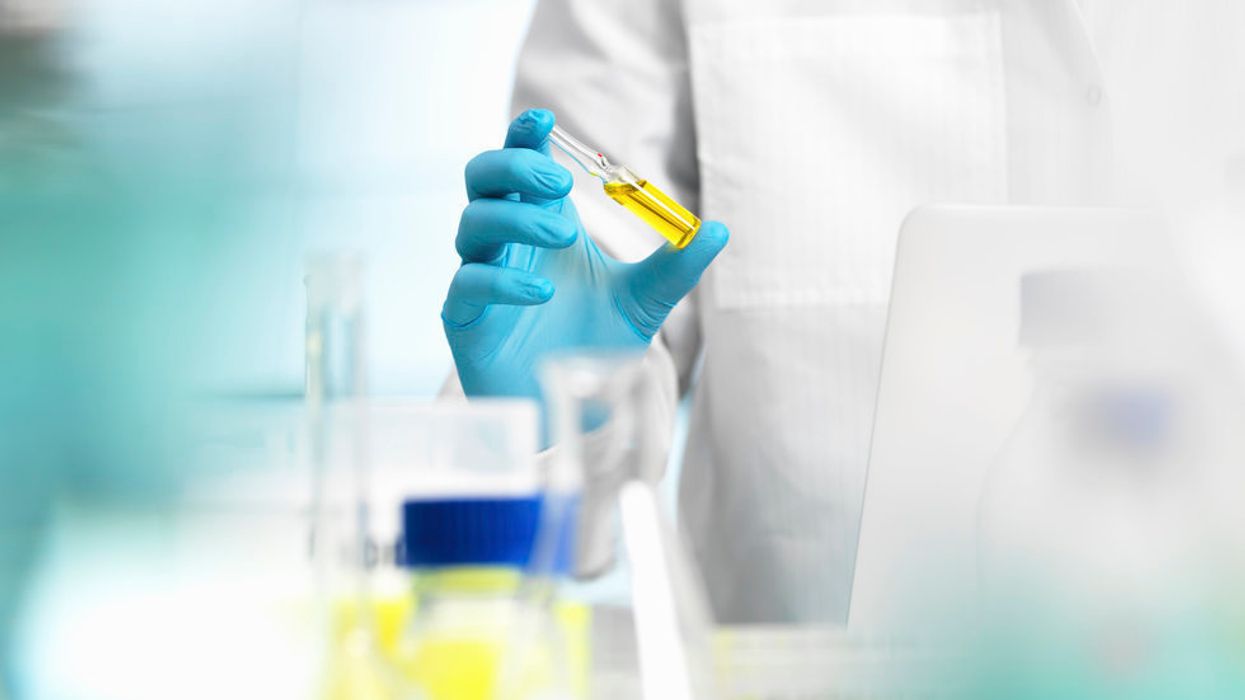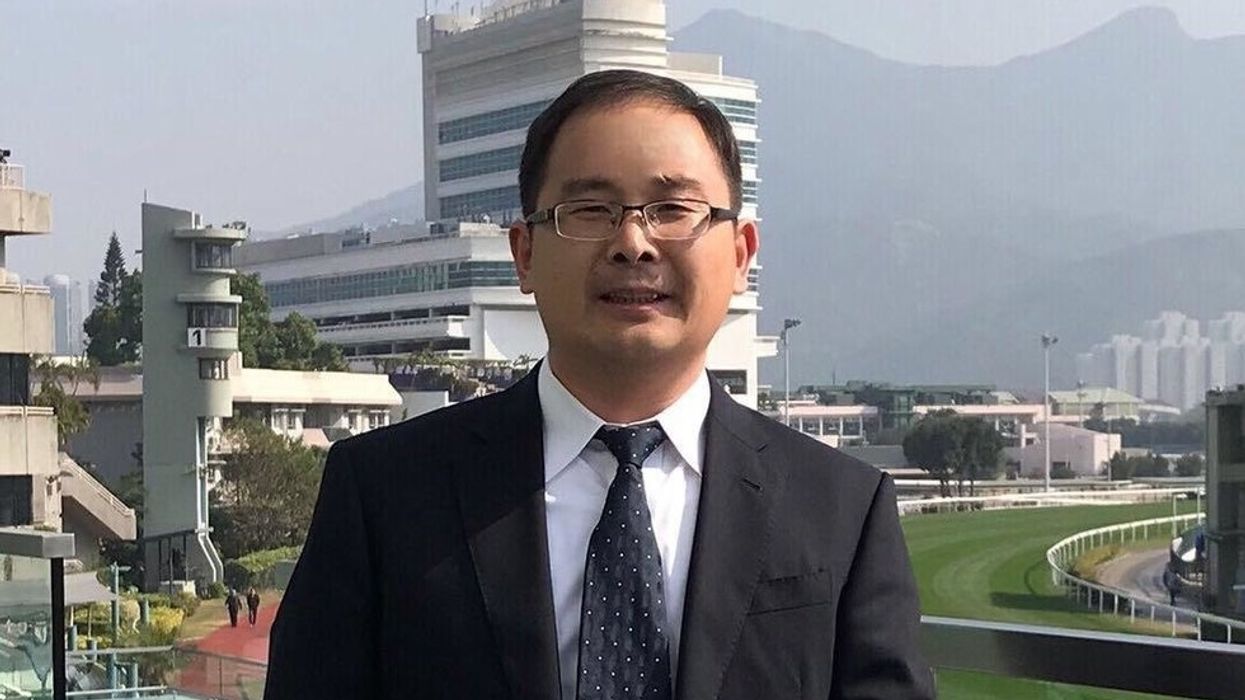5 Houston biotech companies taking health care to new levels
The future is now
Houston is the home of the largest medical center in the world, so it comes as no surprise that the Bayou City is also home to breakthrough technologies. Here are five Houston companies developing some of this biotech advancements.
Moleculin Biotech Inc.

Houston-based Moleculin has three different oncology technologies currently in trials. Getty Images
Immunotherapy and personalized medicine get all the headlines lately, but in the fight against cancer, a natural compound created by bees could beat them in winning one battle.
In 2007, chairman and CEO Walter Klemp founded Moleculin Biotech Inc. as a private company. The former CPA had found success in life sciences with a company that sold devices for the treatment of acne. That introduction into the field of medical technology pushed him toward more profound issues than spotty skin.
"Coincidentally, the inventor of that technology had a brother who was a neuro-oncologist at MD Anderson," Klemp recalls.
The since-deceased Dr. Charles Conrad slowly lured Klemp into what he calls the "cancer ecosphere" of MD Anderson. In 2016, the company went public. And it looks like sooner rather than later, it could make major inroads against some of the toughest cancers to beat. Read the full story here.
Cavu Biotherapies

Dr. Colleen O'Connor has adapted immunotherapy treatments to be used in dogs. Courtesy of CAVU Biotherapies
Breakthrough biotech doesn't have to just be for humans. More than three years after its founding, Houston-based veterinary biotech company CAVU Biotherapies' had its first cancer patient: a black Labrador in Pennsylvania diagnosed with B-cell lymphoma.
Dr. Colleen O'Connor, CEO and founder of CAVU Biotherapies, established the company in July 2015 with a goal to help pets live longer post-cancer diagnoses. O'Connor, who earned a PhD in toxicology with a specialty in immunology, has more than a decade of hands-on experience researching cancer treatments.
"Our goal is to scale up and be able to increase our dogs' qualities of life with us," O'Connor said. "We want to keep families intact longer and we want to be able to modernize cancer care for our animals." Read the full story here.
Innovative Biochips

iBiochips, led by founder Lidong Qin, was awarded a $1.5 million grant in September to help develop a new technology that delivers data about the cell's genetic makeup and reports abnormalities. Courtesy of Lidong Qin
Innovative Biochips, a Houston-based biotechnology company, is one step closer to commercializing technology that the company hopes will provide an opportunity for researchers to detect diseases earlier.
The company was founded three years ago by Dr. Lidong Qin, a professor at the Houston Methodist Research Institute's department of nanomedicine. He launched iBiochips as an independent faculty startup that licensed technology from Houston Methodist. Qin says he wanted to engineer and manufacture devices that focus on revolutionizing single-cell isolation and genetic analysis. Read the full story here.
Celltex

Celltex's stem cell technology has received positive results from its multiple sclerosis, Parkinson's, and rheumatoid arthritis patients. Courtesy of Celltex
A Houston stem cell company is making strides in regenerative medicine. Celltex's treatment has been proved effective with its patients. Eighty-three percent of multiple sclerosis patients have reported improvement of symptoms specific to their disease, as have 73 percent of Parkinson's sufferers. But the staggering fact is that 100 percent of 58 respondents with rheumatoid arthritis say they have benefited.
David Eller, chairman, co-founder and CEO of the company, also recently announced the company's expansion to Saudi Arabia. Read the full story here.
Ridgeline Therapeutics
 Houston-based Ridgeline Therapeutics isn't going to allow you beat aging, but someday it may well help you to live without muscle loss or diabetes. Getty Images
Houston-based Ridgeline Therapeutics isn't going to allow you beat aging, but someday it may well help you to live without muscle loss or diabetes. Getty ImagesStan Watowich pictures a world where elderly people have the same healthy muscles they had at a younger age. Watowich is CEO of Ridgeline Therapeutics, a spin-off company of the University of Texas Medical Branch in Galveston where he is an associate professor of biochemistry and molecular biology, and he wants to make it clear that he is not going to cure aging.
"You and I are still going to get old," he says. "But we have our hopes that as we get old our muscles will stay healthy."
He's talking about the drug candidate, RLT-72484. It has been shown to reactivate muscle stem cells and regenerate skeletal muscle in aged laboratory mice. Read the full story here.


 Apple doubles down on Houston with new production facility, training centerPhoto courtesy Apple.
Apple doubles down on Houston with new production facility, training centerPhoto courtesy Apple.





